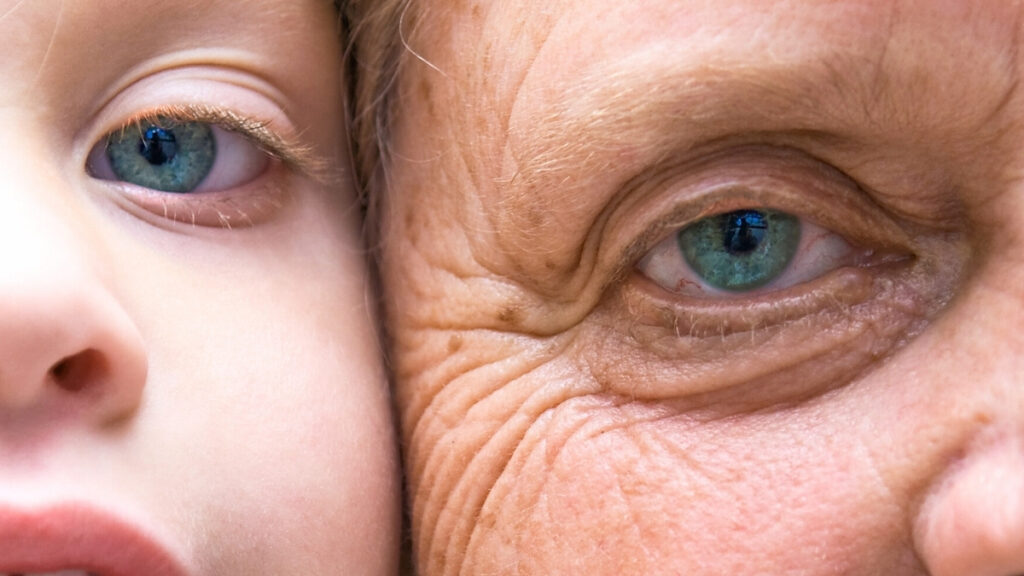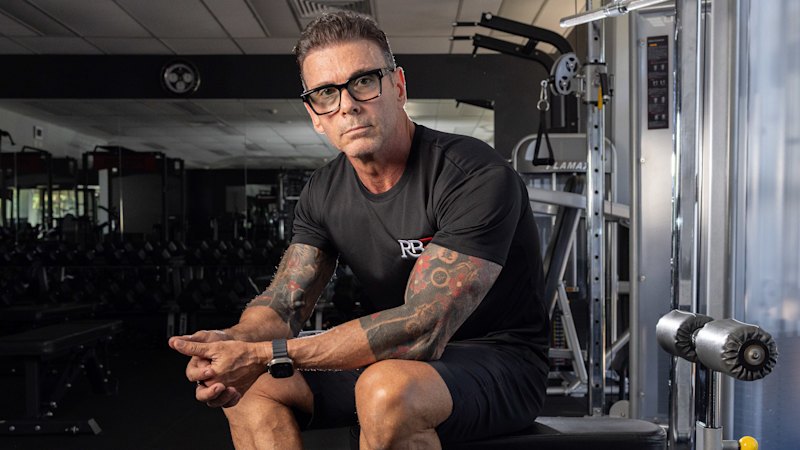
The aging process in humans is not a uniform experience, according to new research from the Chinese Academy of Sciences. Scientists have pinpointed a significant turning point at around age 50, when the rate of aging accelerates in various tissues and organs. This study suggests that after this age, the deterioration of bodily functions becomes noticeably steeper, particularly affecting the cardiovascular system.
The research team analyzed protein changes in human bodies of different ages, focusing on samples from 76 organ donors aged between 14 and 68 who had suffered traumatic brain injuries. Their findings, published in the journal Cell, reveal that aging is characterized by a distinct inflection point at approximately age 50. Notably, blood vessels age more rapidly than other tissues, making them particularly vulnerable to age-related decline.
Understanding the Patterns of Aging
Humans have a longer lifespan compared to most mammals, but this longevity comes with challenges. As people age, organ function can decline, increasing the risk of chronic diseases. The researchers aimed to clarify how proteins in various tissues evolve as individuals age, providing crucial insights into the biological mechanisms at play.
The team compiled a comprehensive catalogue of proteins from 13 different tissues, spanning seven organ systems: cardiovascular, digestive, immune, endocrine, respiratory, integumentary, and musculoskeletal. They meticulously documented how protein levels changed with age, identifying both tissue-specific and common proteins essential for maintaining biological functions.
Their analysis revealed that expressions of 48 disease-related proteins increased with age. These proteins are linked to conditions such as cardiovascular diseases, tissue fibrosis, and liver-related tumors. The most pronounced alterations occurred between the ages of 45 and 55, highlighting a critical period of proteomic remodeling, especially in the aorta, which showed significant susceptibility to aging.
Implications for Health and Disease
To validate their findings, the scientists experimented with a specific aging-related protein in young mice. The results indicated that mice injected with this protein exhibited reduced physical capabilities, including lower grip strength, endurance, and coordination. These results underscore the impact of vascular aging on overall physical performance and health in aging individuals.
The researchers noted that muscle strength, particularly hand grip strength, plays a crucial role in managing age-related diseases and injuries. Previous studies have indicated additional peaks in aging at around 44 and 60 years, with changes in lipid metabolism, cardiovascular health, and immune regulation.
The insights gained from this study aim to construct a comprehensive multi-tissue proteomic atlas that spans 50 years of human aging. By elucidating the mechanisms behind the imbalance of proteins in aged organs, the research paves the way for targeted interventions that could enhance the health of older adults.
In summary, understanding the complexities of human aging not only sheds light on individual health trajectories but also has the potential to inform medical strategies for age-related diseases. The study’s findings may serve as a foundation for future research aimed at improving health outcomes for the aging population.





